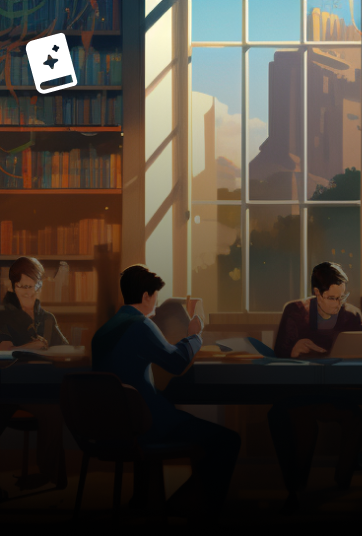

Anno Dracula
Ratings26
Average rating3.8
Londres, 1888. La reine Victoria s'est remariée avec le comte Dracula, qui entend répandre le vampirisme dans tout le royaume. Chaque soir, au crépuscule, les non-morts poursuivent les sang-chauds pour leur donner " le baiser des Ténèbres" et boire le sang qui leur assure l'immortalité. La terreur règne, toute révolte est impitoyablement réprimée, mais un mystérieux tueur au scalpel d'argent, en aux prostituées vampires, menace la stabilité du nouveau régime.
Series
Featured Series
5 primary books6 released booksAnno Dracula
Anno Dracula is a 6-book series with 5 primary works first released in 1992 with contributions by Kim Newman.
Reviews
Popular Reviews
Reviews with the most likes.
This felt as if it was more fun to write than it was to read. You could tell it was exhaustively researched even without reading the various afterwords and annotations, but I'm kind of glad I'm not more literate, so many of the references passed me by completely. So much of the book is filled with name-dropping fictional and non-fictional characters, and it always felt more distracting than organic. Unlike “The League of Extraordinary Gentlemen,” which used the same conceit, the characters seemed to be used for surface-level name recognition more than real narrative function.
Also, it felt distractingly crafted to be the start of a series instead of a complete narrative. The introductions seemed to go on interminably, but the story finally got really engaging with the introduction of a Chinese vampire. But that entire storyline just petered off as anti-climactically as possible, suggestion that Newman was hoping to introduce a spin-off series. And the novel on the whole just seems to leave its characters, reluctant to draw any of its stories to a conclusion.
I can't be too critical, since it flowed well and did have an engaging middle section, but it ultimately felt like an exercise more than anything else. It never quite settled for me as a satisfying alternate universe story, since the premise suggested a lot more upheaval than was actually shown. (The book simply wanted to have Victorian London + vampires, but having Dracula and his Carpathians actually take over the country to the degree that the book suggests would've made Victorian London unrecognizable). And ultimately, there was no “soul” to it — I don't feel any connection to any of the characters, and I don't believe it had much to say apart from plot.
I suspect this is an unfair review, mostly because I wanted the book to be something other than what it actually was.
This book is surprisingly awesome. The concept - Vlad Tepes/Dracula marries Queen Victoria, vampires become a part of Victorian-era society, oh and Jack the Ripper is killing vampire prostitutes - seemed like it had a lot of potential but would probably end up awful, as things like Pride and Prejudice and Zombies do. Instead, it was handled really skillfully; the vampires are not romanticized but are as varied in temperament and morals as humans, the adversaries are intimidating, the characters layered, and coolest of all (imo), there are constant tiny references to period literature, the original novel Dracula, and historical events of the time, which are so much fun to spot. In general, recommended, especially for fans of the era.
Ce roman part d'une hypothèse intéressante : et si Dracula était sorti victorieux du célèbre roman de Bram Stoker ? Dans ce récit qui est en quelque sorte une uchronie d'une oeuvre de fiction, Van Helsing et ses compagnons ont échoué, Dracula a épousé la reine Victoria et règne en son nom sur un Royaume-Uni où les vampires vivent désormais au grand jour, ou plutôt en pleine nuit, aux yeux de tous. Dans ce contexte étonnant, de jeunes prostituées-vampires sont assassinées par un mystérieux meurtrier que la presse nomme bientôt Jack L'Eventreur.
Ce roman est un hommage vibrant à la littérature et à la culture populaire du XIXe siècle : les références sont foisonnantes, comme en témoigne les annotations à la fin du livre. J'avoue humblement en avoir raté un grand nombre. J'ai regretté quelques longueurs au milieu du récit, mais cela ne m'a pas empêché de prendre globalement beaucoup de plaisir à lire ce roman très réussi.
























